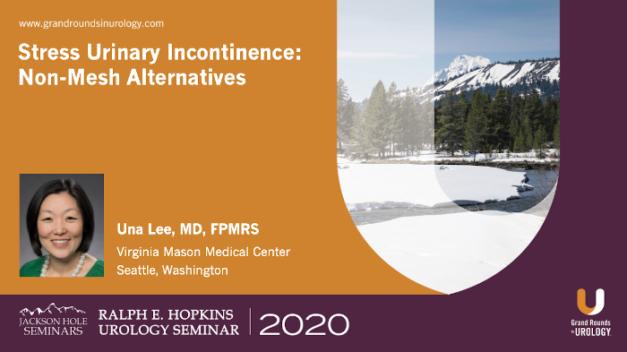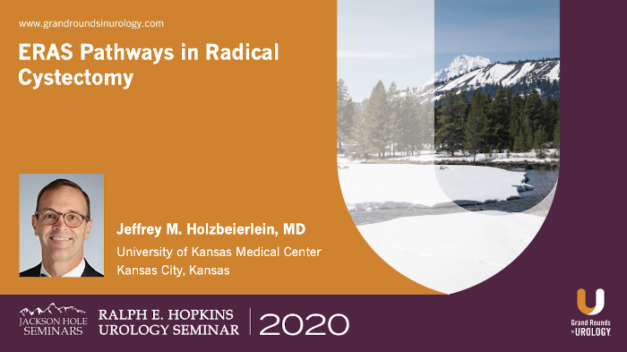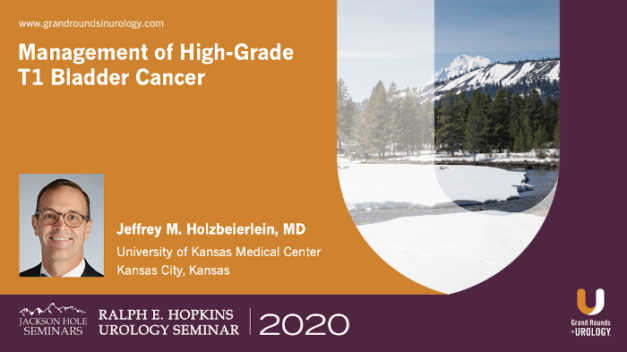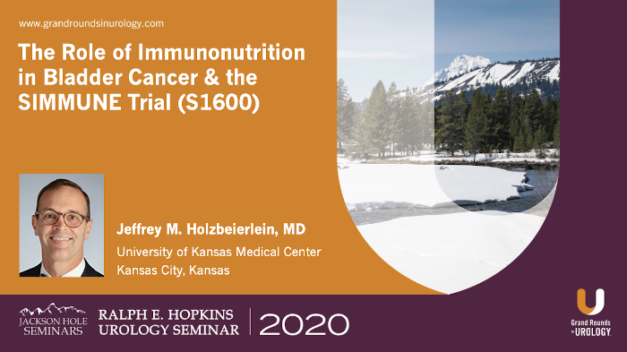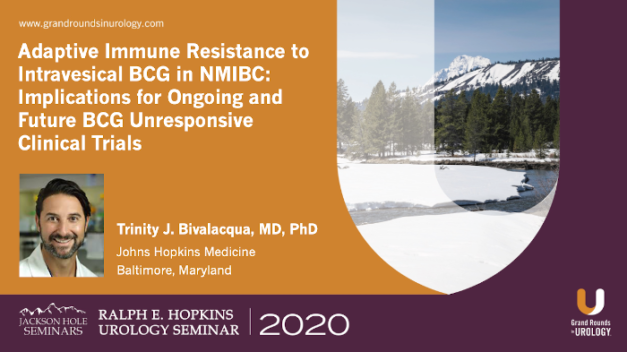Stress Urinary Incontinence: Non-Mesh Alternatives
Una Lee, MD, FPMRS, urologist and researcher at Virginia Mason Medical Center, reviews the evidence on non-mesh alternatives for stress urinary incontinence (SUI). She provides an overview of the causes of female SUI, presents an effective treatment tree addressing both overactive bladder and stress incontinence, and discusses treatment options. Dr. Lee encourages physicians to consider how they present treatment decisions in order to allow patients to make the choice that fits best for them. In addition to covering all possible risks and benefits, she advises physicians to also educate patients on their condition and help manage their expectations for treatment outcomes.
Read More
